Find the meaning of the words in bold in the dictionary at the end of the document.

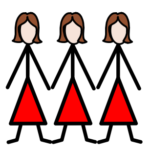
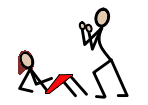
Women with intellectual disabilities
are two to five times more likely
to face violence than other women.
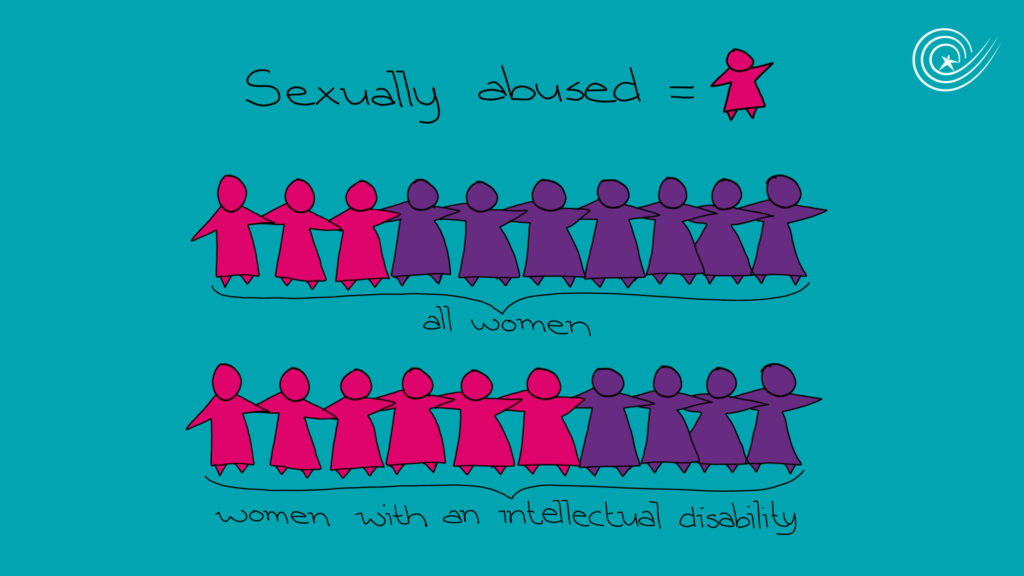
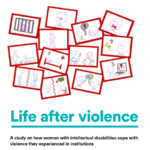

Inclusion Europe made a report called “Life after Violence“.
The report talks about how to support women
with intellectual disabilities who experienced violence.
Inclusion Europe developed several videos
about the report and how to talk about violence.
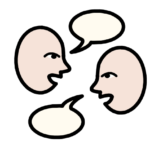
How to talk about violence
This video shares steps to take when talking to women
with disabilities who experienced violence.

What is direct violence?
This video shows examples of direct violence.
Direct violence is directly against someone.
Direct violence is also called ‘personal violence’.
It is when one person intentionally hurts another person.
“The most important thing is to find someone you trust and talk about your experience.” Dounia, Self-advocate
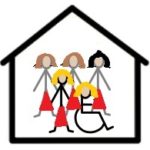

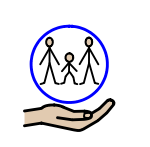
What is structural violence ?
Institutions are places where people with intellectual disabilities
live with other people with intellectual disabilities.
They often live there apart from
other people and their families.
They often have little choice who they live with
or who supports them.
Institutions are places where structural violence happens.
“Please! Don’t just look at my disability!
Look at me as a person. Find out more about me.
My limitations do not limit my life if I am supported
by people who really care about me as a person.”
Dounia, Self-advocate
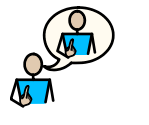
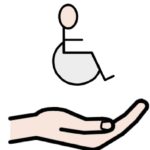

How to empower women with intellectual disabilities?
Women’s experiences with violence can change
the way they look at the world around them.
And the way they see themselves.
After violence happens, many women
had very low self-esteem and feel less important.
It is important to have proper support in place
to help women who have experienced violence.
“What made me stronger is finding
people I trusted and talking to them.”
Dounia, Self-advocate






